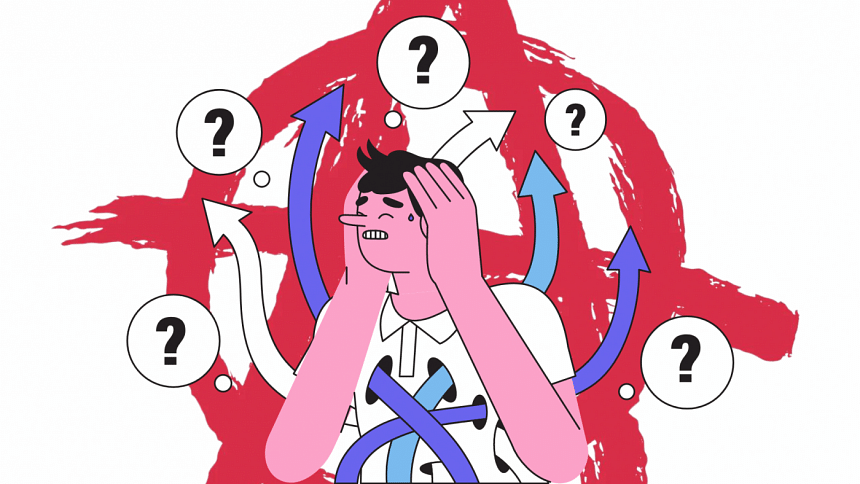Why anarchism may not mean what you think it means

Too often, buzzwords and slogans obscure the deeper meanings behind ideologies, reducing every thought into a binary. Anarchism is one such school of thought which has received backlash from different viewpoints. I used to think that anarchism is nothing more than creating disruption and causing sheer chaos.
But is it so?
Anarchism has a long history in political philosophy, especially since the 19th century. Max Stirner was the first to incorporate this philosophy into his work, The Ego and Its Own. This work has a sort of naive understanding of anarchism portraying anarchism as lawlessness. But through gradual evolution, more thinkers such as Pierre-Joseph Proudhon and Mikhail Bakunin appeared on the scene bringing forth more rigorous formulations of anarchy.
Anarchy, in its basic form, means opposition to all hierarchies. Anarchism seeks to overthrow inherently hierarchical concepts such as capitalism, feudalism and aristocracy. But contrary to popular opinion it doesn't seek to replace them with something like the "law of the jungle". Rather, anarchism believes in the fundamental value of human cooperation and solidarity.
At this point, it is natural for sceptics to wonder if it isn't human nature to be unruly in the absence of a ruling figure. In regards to this, Mark Fisher argued passionately in Capitalist Realism: Is There No Alternative? - "It is easier to envision the end of the world than the end of capitalism."
This imposition of capitalist realism prevents us from even imagining any alternative except our present one and thus propagates the idea of our present state as "normal" and "self-evident".
This is especially widespread in countries like Bangladesh, where a pessimistic attitude prohibits the youth from even considering new options while envisioning the future. Anarchism promises to do away with all kinds of hierarchies to encourage activities not through coercion but through primitive virtues such as cooperation, solidarity, and empathy. Anarchism doesn't have to be a political system either, it can be construed as a way of life. Errico Malatesta was a proponent of this view, best summarised in David Graeber's excellent article "Are you an anarchist? The answer might surprise you!"
Anarchism isn't anti-expertise either, as some may suggest. Anarchists thoroughly value the expertise of scientists, doctors, and artists in their own domain. But the conclusion they oppose is that an individual has special authority over them. One definition of anarchism is "Democracy taken seriously". The idea represents that society should be created along with cooperation, not authority. This way gives the individual to flourish most, not cripple under the weight of alienation and subjugation of capitalism.
Anarchism doesn't have to be the ruling ideology in a current state. But neither does it deserve to be derided either as utopian or unrealistic. The lesson from anarchy is that our dominant political ideologies do have an alternative. We don't have to be stuck in any system we don't want to be in.
Sadman got sorted in Hufflepuff at Pottermore and has been sad ever since. Send him happy quotes at [email protected]

 For all latest news, follow The Daily Star's Google News channel.
For all latest news, follow The Daily Star's Google News channel. 








Comments